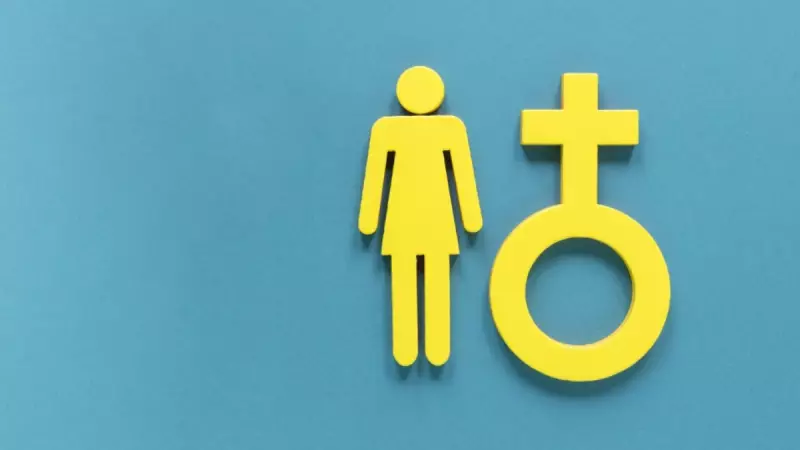
As World Toilet Day approaches on November 19, 2025, a critical spotlight returns to an issue that profoundly affects millions of women and girls across India: the undeniable link between clean, accessible sanitation and female safety. This annual observance moves beyond mere infrastructure, framing sanitation as a fundamental pillar of dignity, health, and security for women.
The Critical Intersection of Sanitation and Safety
The lack of safe and hygienic toilet facilities is not just an inconvenience; it is a pervasive threat to women's wellbeing. When women and girls are forced to venture out for open defecation, especially during early mornings or late evenings, they become vulnerable to harassment, physical attacks, and even sexual violence. Secure sanitation is, therefore, not a luxury but a basic necessity for their protection.
This year's World Toilet Day underscores this urgent connection, advocating for policies and infrastructure that prioritize women's needs. The campaign highlights how a simple toilet can be a shield, providing privacy and significantly reducing the risks associated with the lack of facilities.
Five Compelling Reasons Why Clean Toilets Empower Women
The narrative around clean toilets is multi-faceted, impacting various aspects of a woman's life. Here are five powerful reasons why ensuring access to sanitation is synonymous with ensuring women's safety.
1. A Direct Shield Against Physical Violence
The most immediate benefit of a household or community toilet is the drastic reduction in the need for open defecation. Women and girls who no longer have to walk long distances to find a secluded spot are less exposed to potential perpetrators lying in wait. A private toilet at home eliminates this dangerous daily journey, acting as a primary defense mechanism. This is especially critical in rural and peri-urban areas where such incidents are frequently reported.
2. Upholding Dignity and Reducing Psychological Stress
The constant anxiety and fear associated with finding a place to relieve oneself take a significant psychological toll. The stress of being watched, harassed, or attacked creates a state of perpetual vigilance. Access to a clean, private toilet restores a sense of dignity and normalcy, allowing women to live without this underlying fear. Mental peace is an invaluable component of overall safety.
3. Promoting Health and Preventing Diseases
Unclean and shared toilets are breeding grounds for bacteria and viruses, leading to the spread of urinary tract infections (UTIs), diarrheal diseases, and other infections. Women are particularly susceptible to these health issues. Proper sanitation and hygiene directly combat the spread of such diseases, reducing healthcare costs and sick days, which often disproportionately affect women's ability to work and earn.
4. Enabling Education and Economic Participation
For adolescent girls, the lack of separate and clean toilets in schools is a major reason for dropping out, especially after they reach puberty. This educational setback has lifelong consequences. Similarly, women in the workforce need access to safe sanitation facilities at their workplaces. By providing clean toilets, we enable girls to stay in school and women to remain in their jobs, fostering economic independence and social progress.
5. Fostering a Sense of Security and Community Wellbeing
When an entire community has access to a functional sanitation system, the collective security of its women increases. Public spaces become safer as the practice of open defecation diminishes. This creates a positive cycle where improved public health and safety reinforce each other, leading to more vibrant and secure communities for everyone.
The Path Forward: Action and Awareness
World Toilet Day 2025 serves as a vital reminder that the mission for universal sanitation is far from over. While significant strides have been made through government schemes, the focus must remain on sustainable solutions that are inclusive and gender-sensitive.
It is imperative that sanitation programs actively involve women in the planning and design process, ensuring that the facilities built truly meet their needs for privacy, safety, and hygiene. Continued public awareness about the importance of using and maintaining toilets is equally crucial.
This November 19th, the call to action is clear: to recognize that for millions of women in India, safety truly begins with a clean toilet. Investing in sanitation is not just about building infrastructure; it is about building a safer, healthier, and more equitable society for all.





